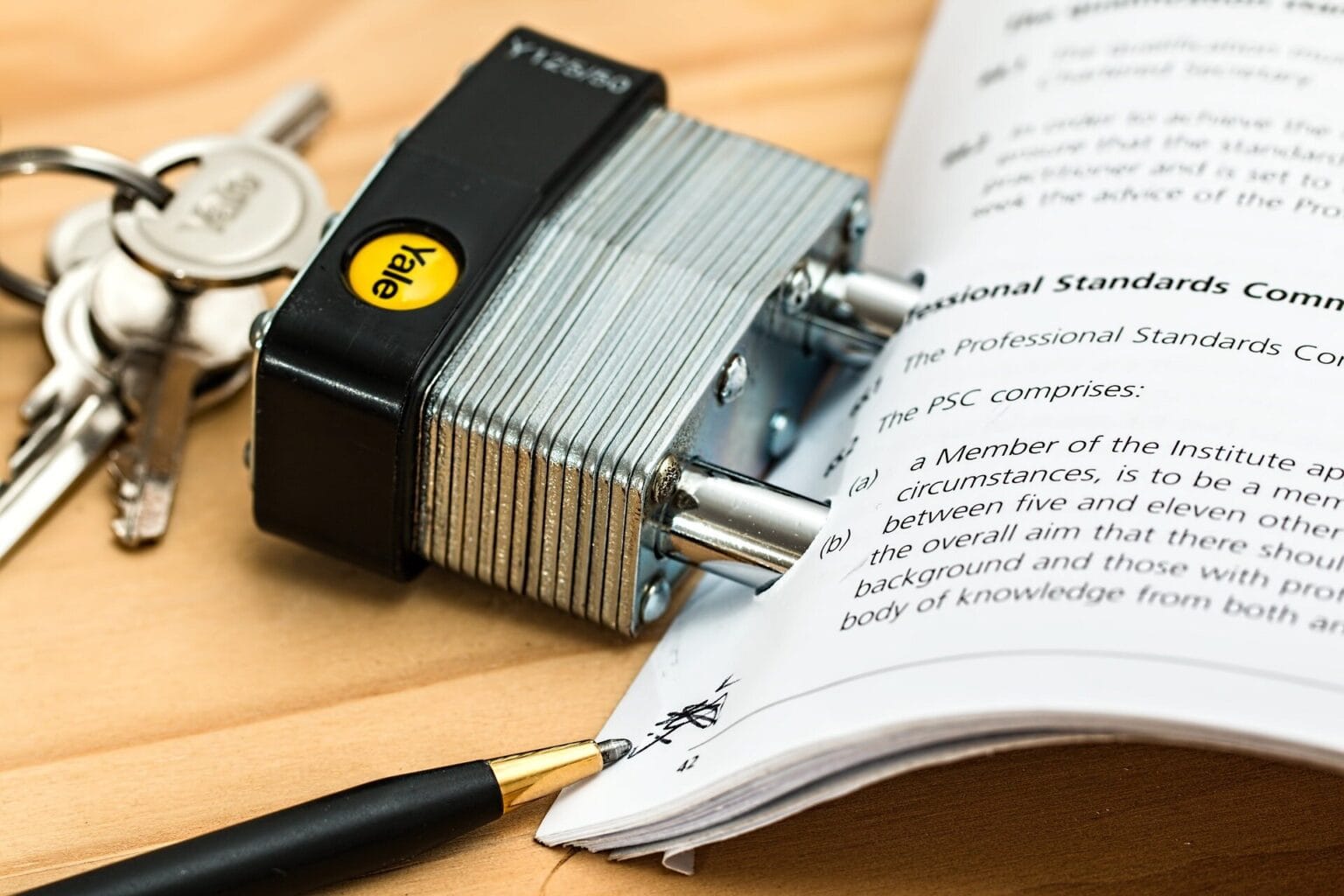
California’s Supreme Court Limits Redaction Charges
About a month ago, a California Supreme Court ruling limited the charges that can be passed through to requestors of public records. The case, National Lawyers Guild v. City of Hayward, affirmed the purpose of the California Public Records Act (CPRA), which was designed to increase transparency and disclosure in government agencies.
While the genesis of this case was with police bodycam footage, the ruling will affect all sorts of public records like electronic databases and emails as well. The CPRA increased access to these types of records, but it also required that any personally identifiable information in the files unrelated to the subject at hand must be redacted. Previously, the cost of this redaction would be passed along to the citizen requesting the information, as redaction takes time and money to complete, but now individual agencies will be responsible for that cost.
While the case was decided amidst a larger national conversation about the role of the police and accountability, it was raised regarding a request for police bodycam footage from 2014 Bay Area protests. The National Lawyers Guild, who was the plaintiff in the case, requested this footage, but was charged $3,000 to redact the videos.
This had a chilling effect on cash-strapped newspapers who could no longer afford investigative public records requests. While the direct costs of duplicating the material could, and still can be passed through to the requestor, it was the outlined cost of, “data compilation, extraction, or programming to produce the record,” that was up for debate. The plaintiffs argued that the cost of redaction was, and still is, the responsibility of the government, and that this provision only applies to the need to create or purchase software to produce a record.
The court said that the costs of extracting a record aren’t completely covered, and that in the same way an agency wouldn’t be able to charge for an employee looking through a file cabinet for a document, they can’t charge for searching for an email or taking out the exempt information from that file.
Manual redaction can certainly be a daunting task, due to the importance of getting it done correctly, and the costs associated with doing so. While we haven’t automated the process of redacting videos yet, at Extract we can automate redaction in all of your electronic files.
Our software uses optical character recognition to identify all of the text in a file, and then through a combination of machine learning and our own algorithms, reads the document like a human would, identifying items for redaction even on unstructured documents.
If you’d like to learn more about how we can automate your redaction process, please reach out today.


